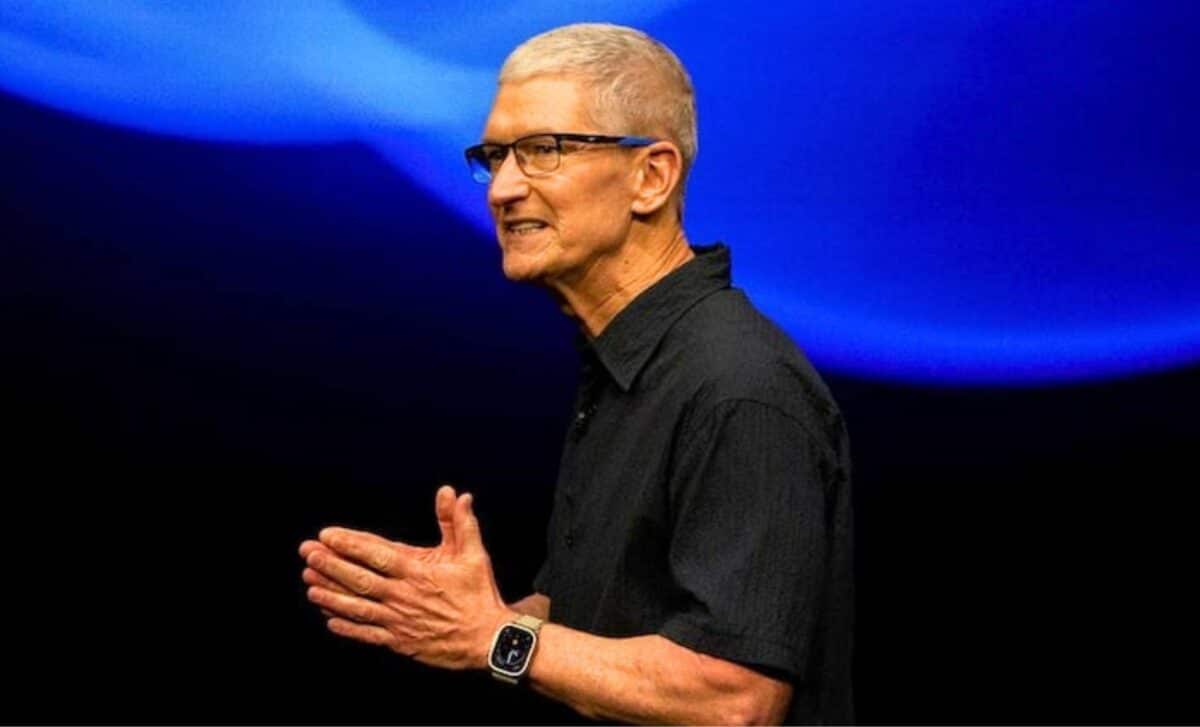For more than 15 years, the smartphone has been the centrepiece of our digital lives. But in Silicon Valley, some of the industry’s biggest names are already looking past it. From brain chips to augmented reality glasses, the next frontier may not fit in your pocket at all. Still, one tech giant is holding firmly to the idea that the phone is here to stay.
Brain chips and digital tattoos
Elon Musk’s company Neuralink is betting on brain-computer interfaces. The idea is as bold as it sounds: allowing humans to interact with machines purely through thought. Musk has confirmed that two human subjects have already received implants, with the long-term aim of removing physical interaction from the equation. No taps, no swipes — just direct neural control.
Bill Gates, meanwhile, is supporting Chaotic Moon, a Texas-based start-up working on electronic tattoos. These ultra-thin devices sit on the skin and collect health data through nanosensors. Beyond monitoring vital signs, they could enable geolocation, authentication, and even basic communication. The body, in this vision, becomes its own digital platform.
A vision of computing through sight
Mark Zuckerberg is pushing forward with augmented reality (AR). His bet? By 2030, AR glasses will overtake smartphones as the main personal device. Instead of looking down at a screen, users would see notifications, maps, and messages projected directly into their field of vision.
This strategy neatly fits his broader push into the metaverse, where physical and digital realities blend. Zuckerberg argues the goal is to “step beyond screens” — moving away from handheld devices altogether and into an era where digital content is seamlessly integrated with daily life.
Apple takes a different path
While rivals promote radical disruption, Apple under Tim Cook is sticking with a more cautious approach. The recent launch of the iPhone 16 demonstrates Apple’s philosophy: enhance the familiar rather than reinvent it. The device includes artificial intelligence features and hardware upgrades but retains the classic smartphone form.
Cook has consistently emphasised that the smartphone remains central to modern life. Rather than rushing into implants or wearables that replace it, Apple is layering AR and AI into its existing ecosystem. As Cook has hinted in public remarks, Apple’s focus is on refinement and evolution, not tearing up the rulebook.
A philosophical divide in Silicon Valley
What’s emerging isn’t just a battle of products — it’s a clash of philosophies. Musk, Zuckerberg, Altman, and Gates envision a future where technology blends with the body or the environment. Apple, by contrast, is doubling down on the smartphone as the foundation for gradual innovation.
It raises a bigger question: should the future of computing be embedded in us, or remain an extension we hold in our hands?
For now, your phone is safe. But if Silicon Valley’s most ambitious minds are right, the device that defined a generation may one day feel as quaint as the flip phone. Apple, however, is betting that the smartphone’s story is far from over.
You might also like:

David Miller is an entertainment expert with a passion for film, music, and series. With eight years in cultural criticism, he takes you behind the scenes of productions and studios. His energetic style guides you to the next big releases and trending sensations.
